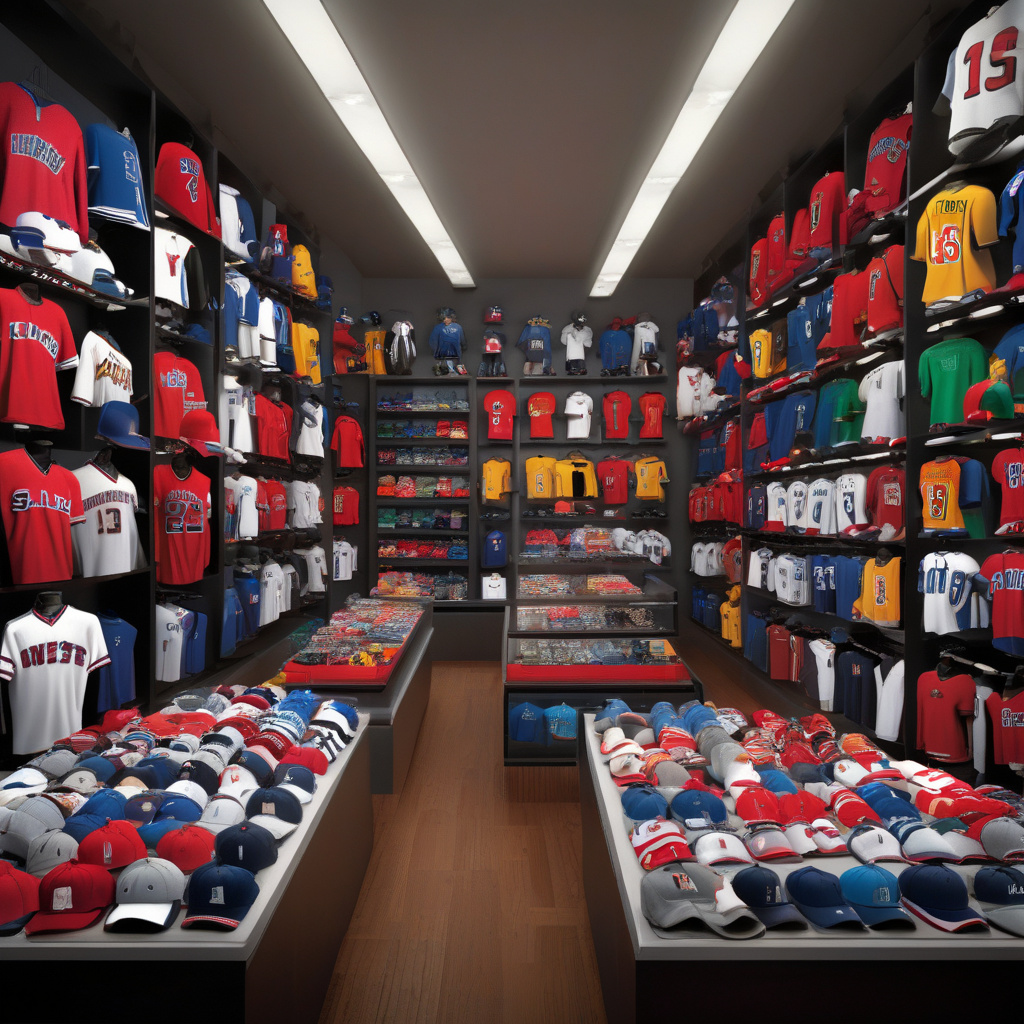From Selling Merch to Fashion Moguls: The Evolution of Athletes’ Brands
In the fast-paced world of sports, the game has changed for high-profile athletes looking to expand their empires beyond the field or court. Gone are the days when stars relied solely on licensing deals with major retailers to sell branded merchandise like jerseys and sneakers. The new trend? Athletes are taking the reins of their own fashion destinies by launching their own labels, offering them full financial and creative control over their ventures.
One prime example of this shift is Russell Westbrook, the dynamic NBA player known for his fearless play on the court and bold fashion choices off it. Westbrook didn’t just want to be another face on a sneaker collaboration; he aimed to create a brand that reflected his unique sense of style and personality. Thus, Westbrook launched his fashion label, “Honor the Gift,” which features a mix of streetwear and athleisure pieces that embody his daring and eclectic aesthetic. By doing so, Westbrook not only solidified his status as a fashion icon but also diversified his income streams beyond his basketball salary.
Similarly, soccer star Megan Rapinoe has also ventured into the world of fashion with the launch of her gender-neutral lifestyle brand, “Re-Inc.” As an outspoken advocate for social justice and equality, Rapinoe saw an opportunity to create a brand that aligned with her values and beliefs. Through “Re-Inc,” she offers a range of clothing and accessories that challenge traditional gender norms and promote inclusivity. By leveraging her platform and personal brand, Rapinoe has successfully transitioned from selling merch to making a statement in the fashion industry.
The rise of athlete-owned fashion brands can be attributed to several factors. One key driver is the shift towards authenticity and individuality in the fashion world. Consumers, especially younger demographics, are increasingly drawn to brands that tell a compelling story and resonate with their values. Athletes, with their unique personal narratives and loyal fan bases, are well-positioned to capitalize on this trend by creating authentic and relatable brands that go beyond mere endorsements.
Moreover, the rise of social media has empowered athletes to connect directly with their fans and consumers, bypassing traditional marketing channels. By leveraging their massive online followings, athletes can promote their brands, engage with customers, and gather real-time feedback, creating a more intimate and interactive shopping experience.
Additionally, the success of athlete-owned fashion brands underscores the growing influence of athletes as cultural tastemakers and trendsetters. Fans look to their favorite sports stars not just for on-field performance but also for style inspiration and lifestyle cues. By launching their own labels, athletes can leverage their star power to shape trends, drive conversations, and leave a lasting impact on the fashion industry.
In conclusion, the shift from selling merch to building fashion brands represents a natural evolution for high-profile athletes looking to leave a lasting legacy beyond their athletic achievements. By taking ownership of their personal brands and venturing into the world of fashion, athletes like Russell Westbrook and Megan Rapinoe are not just selling clothes; they are telling stories, sparking conversations, and redefining what it means to be a successful and influential athlete in today’s ever-changing landscape.
#AthleteFashion #SportsBrands #FashionIcons #AthleteEntrepreneurs #BrandEvolution









